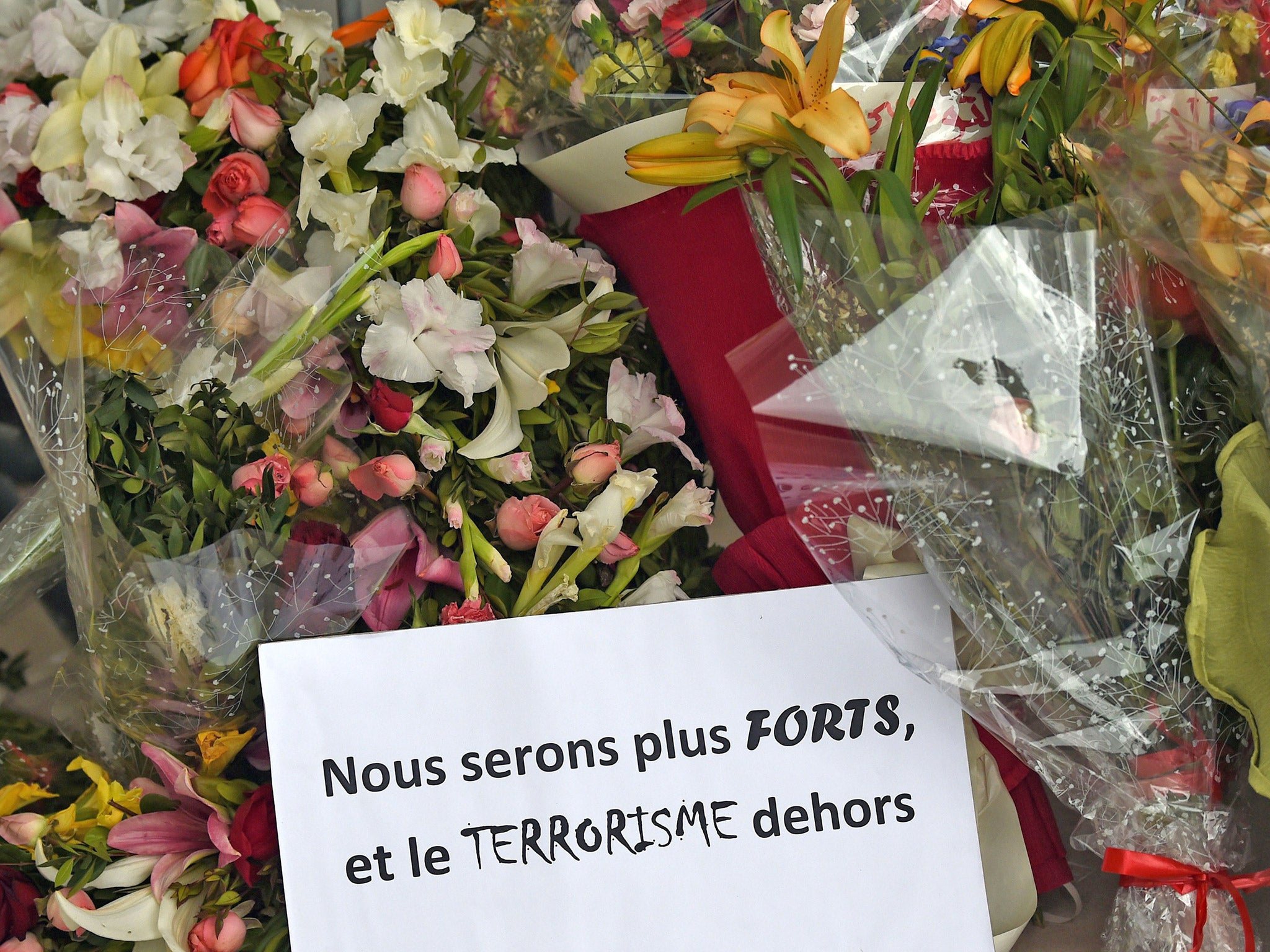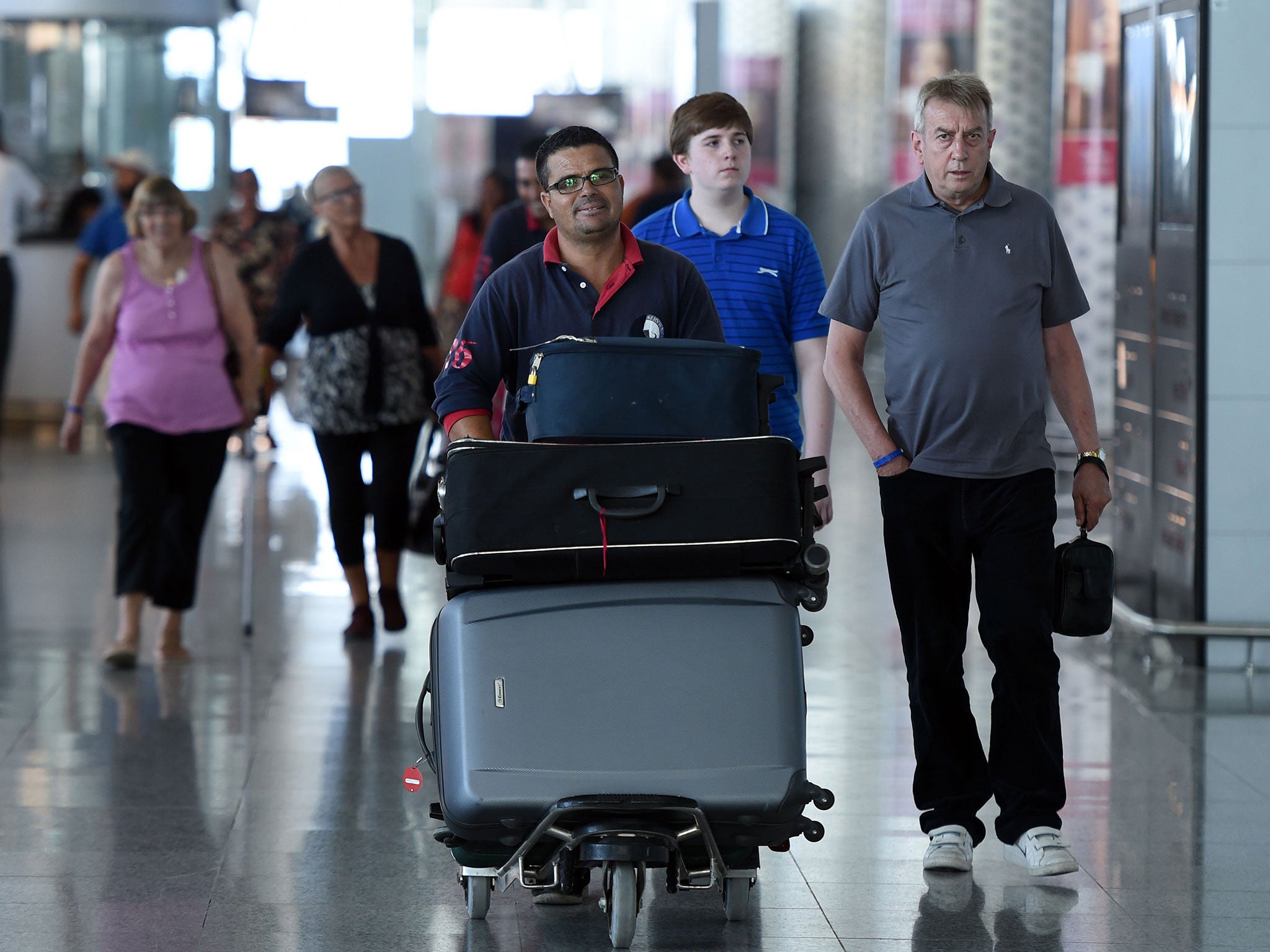Tunisia travel alerts: Warnings for UK tourists hurts country and helps jihadi recruiters
Diplomatic Channels: Tunisia’s Prime Minister told The Independent this week that Britain had a responsibility to protect Tunisia from Islamist violence

Your support helps us to tell the story
From reproductive rights to climate change to Big Tech, The Independent is on the ground when the story is developing. Whether it's investigating the financials of Elon Musk's pro-Trump PAC or producing our latest documentary, 'The A Word', which shines a light on the American women fighting for reproductive rights, we know how important it is to parse out the facts from the messaging.
At such a critical moment in US history, we need reporters on the ground. Your donation allows us to keep sending journalists to speak to both sides of the story.
The Independent is trusted by Americans across the entire political spectrum. And unlike many other quality news outlets, we choose not to lock Americans out of our reporting and analysis with paywalls. We believe quality journalism should be available to everyone, paid for by those who can afford it.
Your support makes all the difference.The head of Scotland Yard’s anti-terrorist branch has announced that his officers working with the Tunisian authorities have established a link between the beach massacre in Sousse and an earlier attack at the Bardo Museum in Tunis.
This was presented as a breakthrough. In reality, credible evidence of that link had been found by the Tunisian authorities – and journalists – in the week after the Sousse killings in June and widely reported at the time.
Commander Richard Walton also “revealed” that claims made by tourists of a second gunman at the scene might not be correct. His investigators retained an “open mind” on the matter but now believed the “person was a beach security officer who had tried to stop the killer”.
The “second gunman”, whose supposed existence fuelled conspiracy theories, was in fact a 29-year-old local man who worked for a firm renting out jet-skis. I interviewed him at the time, after he had been questioned and cleared by Tunisian police.
“Why are the British police announcing such old news as their major discoveries?” a Tunisian acquaintance – a government official – wondered. “We have been told by the British Government that our security was bad. It was made very clear that the tourist ban won’t be lifted if we don’t take British security advice. Let’s hope the famous Scotland Yard finds some new evidence soon.”
British nationals were advised by the Government not to travel to Tunisia because other attacks may take place. This came just over a week after the Home Secretary, Theresa May, had declared during a visit to Sousse that Britain will stand by Tunisia and stressed the need not to give in to terrorism.

The travel warning will contribute to the collapse of the tourist industry, the country’s largest source of employment and revenue, leading to unemployment and discontent, creating ideal jihad-recruiting pools.
One of those who created this atmosphere of fear was Commander Walton’s boss, Sir Bernard Hogan-Howe, who claimed that the Tunisian killings meant an attack on London was “highly likely”. No evidence was provided as to why Seifeddine Rezgui’s murders in Sousse would lead to murders in the UK. Commander Walton’s team in Tunisia has failed to find a plot to hit the UK.
Sir Bernard failed to mention that, according British security agencies, the prospect of a terrorist attack in Britain had been “highly likely” long before Sousse. These terms are chosen carefully by MI5 after stringent intelligence analysis. The threat level in this country was raised to “substantial”, indicating that an attack was “highly likely”, following the Charlie Hebdo murders in Paris and has remained so. The British Government has not asked foreign tourists to stay away.
Tunisia’s Prime Minister told The Independent this week that Britain had a responsibility to protect Tunisia from Islamist violence. His government holds that terrorism has come from neighbouring Libya after destabilisation caused by British and French military action.
Habib Essid also spoke out against further European military intervention in Libya, something David Cameron has mentioned several times in his current terrorist-smiting mode.
Mr Essid is absolutely right. Negotiations between the rival governments in Libya are going surprisingly well at the moment with Misrata, the main backer of the Islamist government in Tripoli, signing up to the deal. A national government may well emerge in coming months. That would be the right time for the UK to act, perhaps by sending in Commander Walton to help with the training of Libya’s police.
Subscribe to Independent Premium to bookmark this article
Want to bookmark your favourite articles and stories to read or reference later? Start your Independent Premium subscription today.
Join our commenting forum
Join thought-provoking conversations, follow other Independent readers and see their replies
Comments